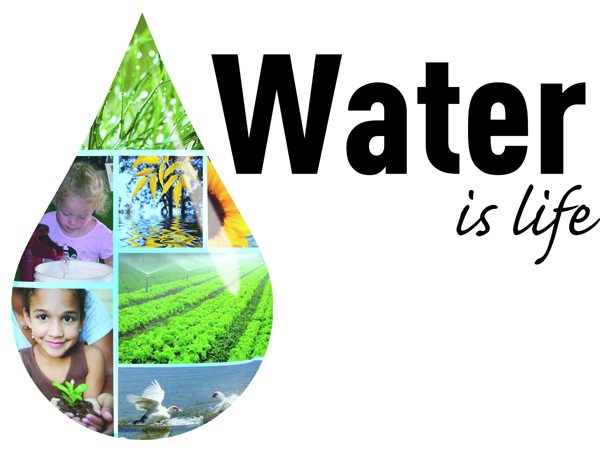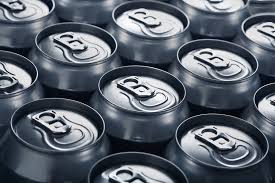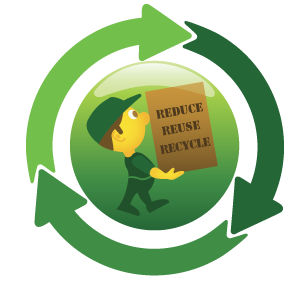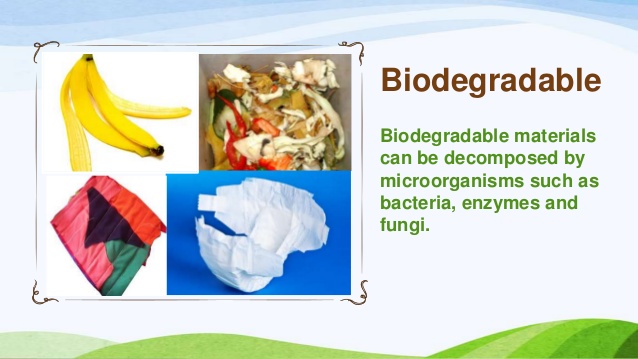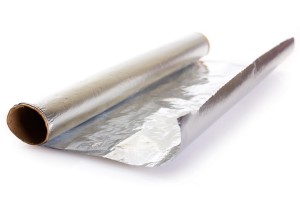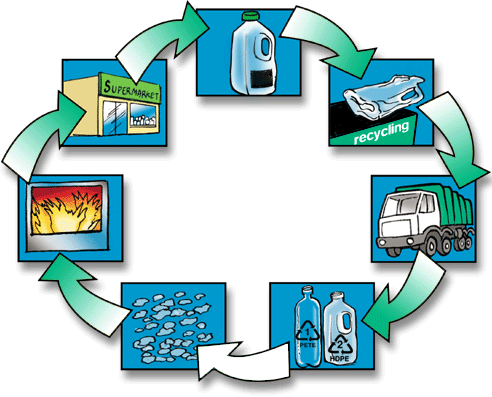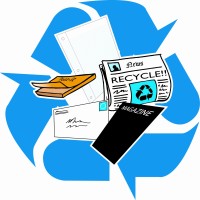
Garbage is a serious issue in not only our country but the entire world. The average American creates 4.5 pounds of waste daily, however, there are plenty of ways to reduce that amount. By recycling plastics, paper, and other items, the amount of garbage that takes up space in landfills will shrink. Recycling also helps lessen greenhouse gas emissions, saves water, and minimize energy usage.
Living Areas
Items found in bedrooms and living room can be easily recycled. For example: If you have a desk in your bedroom that acts as a loose paper magnet, those piles of paper can be put to good use. Your junk mail and old paperwork can take a trip to the shredder and be on its way to the recycling bin. Old books, magazines, and catalogs can be recycled as well. Recycling all these items also gives you the perfect chance to de-clutter.
Bathroom
Often times the bathroom is the most overlooked source of recyclables, but it’s actually where you’ll find them the most. You can recycle plastic shampoo and conditioner bottles, toothpaste tubes, tissue boxes, plastic razors, and even old toothbrushes. There are many products like skin cosmetics and hair gel that people use so regularly that they forget that their containers can be recycled. Next time you are about to throw out an empty bottle of lotion, think twice.
Kitchen
The kitchen is a major source of traffic in any home. It’s where you keep your food, beverages, and cleaning products. All of those items have one thing in common; packaging! Plastic spray bottles, canned vegetables, glass pickle jars, and cardboard cereal boxes are just a few of many examples of what can be recycled. Sadly, most people throw these items into the trash bin without giving it a second thought.
As an inhabitant of planet earth, you should care about its well-being. By gathering the recyclables in your home, you can help minimize the carbon footprint left behind by numerous generations. For more information, call or visit your local waste management office.
